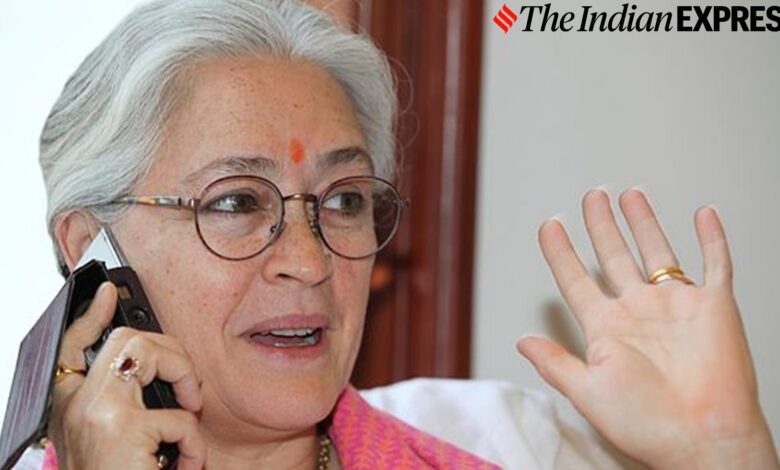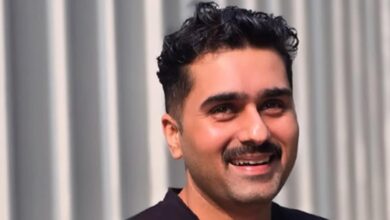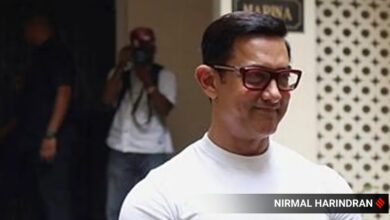‘And I thought, bahut low target tha TV’: When Nafisa Ali Sodhi said she participated in Miss India to win a television set and how she had self-doubt on the international stage | Lifestyle News

Actor and former beauty pageant titleholder Nafisa Ali Sodhi’s experience of joining Miss India with a simple goal — winning a TV set — quickly evolved into a realisation of how beauty standards and expectations in the pageant world can be overwhelming.
In a post re-shared Sodhi on Instagram, she is seen talking about how she decided to compete in Miss India in an old interview. “Miss India ke liye prize was a TV. Uss time TV naya nikla tha na toh maine kaha ki don’t buy it, main aapke liye jeet lungi yeh TV set. Toh isiliye maine Miss India mein bhaag liya. Toh jeet ne ke baad when I reached Japan, kyuki uss zamane mein do magazines the, ek went to Miss Universe and the other one went to Miss International. Toh when I reached there, raat ko pahunchi toh there was nobody. Subhe jab main jaagi, toh all these beauty queens — 63 of them — all so tall and so beautiful toh I got really worried and went back to my room, heel pehen ke I came out (sic).”
She continued, “And I thought, bahut low target tha TV, pata nahi kyu yaha main itni dur aayi hu, kis baat ke liye. I panicked. Magar I became the second runner-up (sic).”
Story continues below this ad
Her words remind us that sometimes what we expect in life can quickly shift when faced with reality. It makes us wonder how external pressures and comparisons affect personal growth and mental health.
How do experiences of sudden comparisons with others in competitive environments affect a person’s mental health and self-esteem?
Sakshi Chadha, clinical psycholog at Mindtalk Cadabams, tells , “The human brain is wired to assess and compare — it’s a survival instinct. However, when placed in high-stakes environments where everyone is at their best, comparison can become a source of dress rather than motivation.”
She adds, “According to Leon Festinger’s Social Comparison Theory, individuals determine their self-worth evaluating themselves against others. In competitive environments, such as beauty pageants or corporate boardrooms, this comparison often magnifies insecurities, leading to imposter syndrome, self-doubt, and in severe cases, performance anxiety.”
In competitive settings, Chadha states that people overestimate how much others notice their flaws, increasing self-consciousness. “Research published in the Journal of Personality and Social Psychology indicates that this cognitive dortion fuels social anxiety and self-doubt.”
When faced with an unexpected reality — like realising that 63 other contestants are equally or even more physically striking — it’s natural to feel inadequate. “However, reframing the comparison as an opportunity for growth rather than a threat is key to maintaining emotional stability in competitive spaces,” notes Chadha. Story continues below this ad
Managing self-doubt and anxiety when faced with high expectations from both external and internal forces
According to Chadha, the weight of societal, familial, and personal expectations can create a mental battlefield, making self-doubt feel inescapable. However, managing it isn’t about eliminating doubt but learning to navigate it effectively. Cognitive reframing helps shift negative thoughts into empowering perspectives, while grounding techniques like mindfulness and deep breathing can restore composure in high-pressure moments. “Setting personal benchmarks instead of seeking external validation fosters long-term success, as studies in Applied Psychology suggest. Additionally, practicing self-compassion, as emphasised Dr Krin Neff, reduces stress and boosts confidence, making it easier to push through challenges with resilience,” she concludes.






